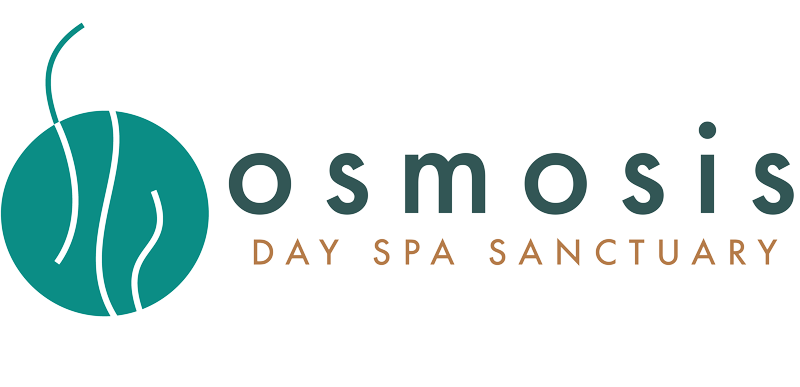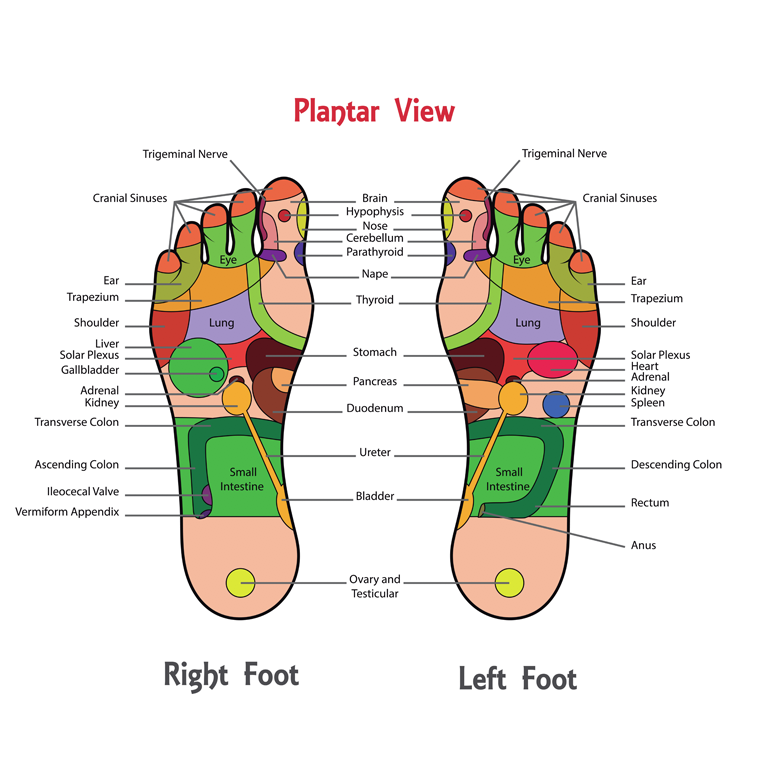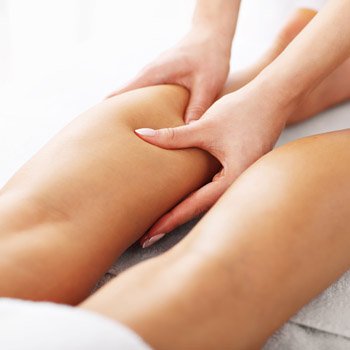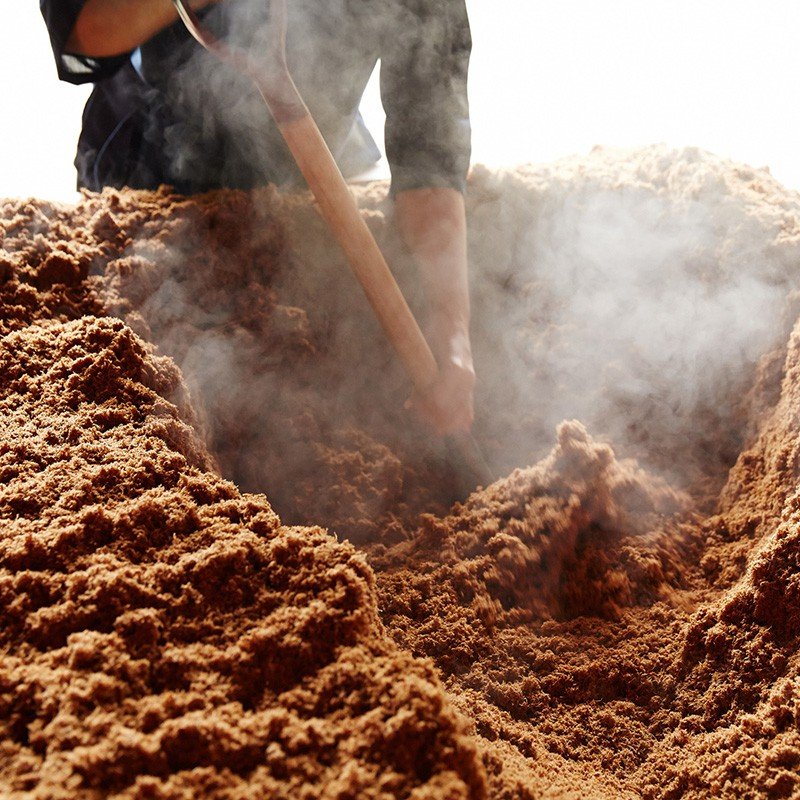Mental-Emotional Benefits of Massage
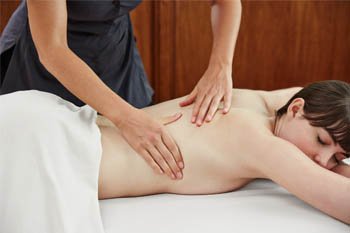 Massage is often viewed as a luxury, a pampering or self-indulgent extravagance. Research shows that while massage is definitely a “feel good” experience, it has numerous mental and emotional benefits linked to neurotransmitters and hormones released through therapeutic touch. Yes, we all know massage can increase muscle flexibility, blood circulation and our joints’ range of motion. But massage can do more than that. Massage can reduce stress, elevate our mood, help with depression and anxiety, improve our sleep and increase our sociability.
Massage is often viewed as a luxury, a pampering or self-indulgent extravagance. Research shows that while massage is definitely a “feel good” experience, it has numerous mental and emotional benefits linked to neurotransmitters and hormones released through therapeutic touch. Yes, we all know massage can increase muscle flexibility, blood circulation and our joints’ range of motion. But massage can do more than that. Massage can reduce stress, elevate our mood, help with depression and anxiety, improve our sleep and increase our sociability.
Five Neurochemical Benefits of Massage, all Improving Your Mental-Emotional Well-Being
Seratonin and Dopamine
While anyone who has experienced massage knows that it is a relaxing experience, few understand the neurochemical changes produced by therapeutic touch, all of which can increase our feelings of emotional well-being. One study published in the International Journal of Neuroscience found that massage recipients measure a 28% averaged increase of serotonin and a 31% averaged increase in of dopamine in the bloodstream, following massage therapy. Serotonin helps to regulate mood, appetite and digestion. Synthesized in the brain and intestines, it is theorized that low serotonin levels contribute to depression and anxiety. Its close relative, dopamine, is associated with the reward centers of the brain. Low dopamine levels are associated with lack of motivation, low energy and the inability to focus, all symptoms linked to depression. The increased levels of these neurotransmitters produced by massage can regulate, even elevate your mood, energy, motivation and mental focus, all improving your emotional state.
Endorphins
Research also shows an increase in endorphins resulting from massage, as much as 16% more found in volunteers tested after connective tissue massage. Endorphins are the neurotransmitters produced to relieve pain and improve mood. They are your body’s natural narcotic. In fact, the chemical structure of endorphins resembles that of opiate pain-relieving drugs that are derived from the poppy plant. Most people associate elevated endorphins with exercise, such as the “runner’s high,” but endorphins are also produced by laughter, dark chocolate (yes!) and of course, massage.
Oxytocin
Additionally, massage and other forms of touch, such as a hug or embrace, have been shown through numerous studies to increase the neurotransmitter and hormone of oxytocin. Oxytocin is known as the “love hormone.” It increases feelings of bonding and belonging, a sense of stability and trust, and enhances our sociability. Research has shown that this hormone can relieve social anxiety, depression and stress, while increasing empathy, generosity, self-esteem, and optimism.
Parasympathetic and Sympathetic Nervous System
While we see that massage can increase our “feel good” neurotransmitters and hormones, it also helps to reduce those that produce unpleasant experiences associated with the stress hormones. Understand that the autonomic nervous system has two divisions: the parasympathetic and the sympathetic. The latter activates the “fight or flight” response. It can help you respond to a perceived threat and will accelerate the heart rate, contract muscles and increase the rate of your breath, readying your body for action. The parasympathetic, by contrast, is seen as the “rest and digest” mode, characterized by relaxed breathing.
Humans are complex beings. Our sympathetic nervous system isn’t just activated by life-threatening events, but also memories of past traumas or threats, and daily stressors, such as work demands, family dysfunctions or traffic congestion. We can get thrown into, or even stuck in, flight-or-flight mode, resulting in feelings of stress, worry or overwhelm. Any time the sympathetic nervous system is activated, we see an increase in the hormones of adrenaline and norepinephrine, the hormones that enable the body to spring into action. This may have been helpful to our ancestors who perceived the threat of tiger hunting the village. But if your brain is constantly interpreting chronic financial or relationship distress, the physiological response will probably result in continual stress and anxiety.
Massage can be an antidote to an overactive sympathetic nervous system. It can help activate the parasympathetic nervous system, thus reducing levels of adrenaline and norepinephrine, and helping the body to return to it “rest and digest” state.
Cortisol
Stress produces another hormone called cortisol. If chronic stressors in life result in cortisol release over a long amount of time, immune system suppression, increased blood pressure and weight gain can be the results. Research again shows massage as a potential antidote. A study in 2010 found that Swedish massage recipients had lower levels of cortisol and higher counts in white blood cells, after receiving massage.
Human contact, or the touch therapies, are clearly critical to maintaining mental-emotional wellness in our often pace-paced, stressful lives. Not only does massage provide the much-needed relaxation throughout the treatment process, but its neurochemical effects can enhance your mood, relationships, and engagement in life. Schedule a massage today to experience the profound healing massage can provide if you are feeling down, anxious, having difficulty sleeping, feel isolated or just stressed-out.
Osmosis Vital Health Club
As we move into 2019, and you set your goals for better health and self-care, massage can be a profound addition to your regime. Consider the many benefits already proven by neuroscientific medical research on the deep impact massage has on our body-mind connection and health. Sign up for our Vital Health Club membership to build massage into your ongoing health care regime.
 Raizelah Bayen is the Spa Services Manager at Osmosis Day Spa Sanctuary. She has 25 years in the field of massage, 15 years as a massage and yoga instructor, and is additionally certified in acupressure, herbology and aromatherapy. Her teaching specialties include Eastern Massage Modalities and Acupressure, Body Mechanics for Bodyworkers, and Integrative Wellness workshops, weaving herbs, aromatherapy, self-massage and yoga into a cohesive themed workshop, such as the one above. If you are interested in hosting a workshop, please contact Raizelah at raizelah@osmosis.com. For more information, connect with Raizelah Bayen on LinkedIn.
Raizelah Bayen is the Spa Services Manager at Osmosis Day Spa Sanctuary. She has 25 years in the field of massage, 15 years as a massage and yoga instructor, and is additionally certified in acupressure, herbology and aromatherapy. Her teaching specialties include Eastern Massage Modalities and Acupressure, Body Mechanics for Bodyworkers, and Integrative Wellness workshops, weaving herbs, aromatherapy, self-massage and yoga into a cohesive themed workshop, such as the one above. If you are interested in hosting a workshop, please contact Raizelah at raizelah@osmosis.com. For more information, connect with Raizelah Bayen on LinkedIn.
